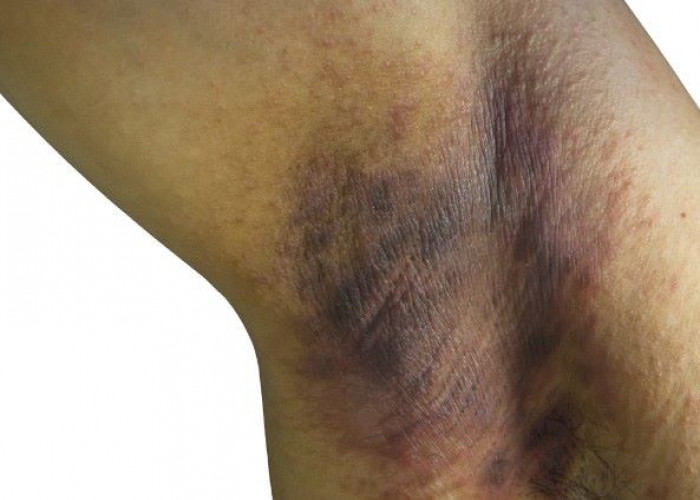 Welcome
Welcome
“May all be happy, may all be healed, may all be at peace and may no one ever suffer."
Hidradenitis suppurativa
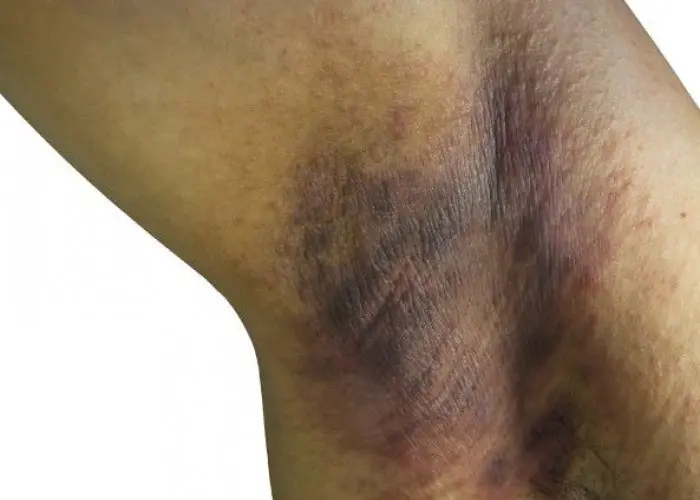
Hidradenitis suppurative (HS) is a chronic, inflammatory skin condition that affects the apocrine glands, which are sweat glands found in areas of the body with hair follicles. HS is characterized by the development of painful, inflamed nodules and abscesses in areas such as the armpits, groin, and buttocks.
The exact cause of HS is not known, but it is thought to be related to blockages or inflammation of the hair follicles and apocrine glands. Risk factors for HS include obesity, smoking, and a family history of the condition.
Symptoms of HS can vary in severity and may include painful nodules or abscesses, itching, burning, and scarring. In severe cases, HS can cause significant pain and mobility issues, and can also increase the risk of infection.
Treatment for HS usually involves a combination of medication and surgical interventions. Medications such as antibiotics, anti-inflammatory drugs, and hormonal therapies may be used to manage symptoms and prevent flare-ups. Surgery may be necessary in cases of severe or recurring HS and can involve draining of abscesses, removal of damaged tissue, or removal of affected skin and tissue.
In addition to medical treatment, lifestyle changes such as maintaining a healthy weight, avoiding tight clothing, and quitting smoking can also help manage symptoms and reduce the risk of complications. It is important to seek medical attention if you are experiencing symptoms of HS, as early diagnosis and treatment can improve outcomes and prevent complications.
Research Papers
Disease Signs and Symptoms
- Swollen lump or skin nodules
- Skin bumps
- Skin sores, bruising or rashes
- Stinky wounds
- Painful pea-sized lumps also occur where skin rubs together, such as the inner thighs, breast and buttocks.
Disease Causes
Hidradenitis suppurativa
Hidradenitis suppurativa develops when hair follicles become blocked. The exact cause for this isn't known. Experts think it could be connected to hormones, genetic predisposition, cigarette smoking or excess weight.
Hidradenitis suppurativa is not caused by an infection or being unclean, and it can't be spread to other people.
Disease Prevents
Disease Treatments
Treatment with medications, surgery or both can help control symptoms and prevent complications of hidradenitis suppurativa. Talk with your doctor about the risks and benefits of the treatment options and how to develop an approach tailored to you.
Expect to have regular follow-up visits with your dermatologist. Some people might need the comprehensive care provided by a multidisciplinary health care team.
Medications
Your doctor might prescribe one or more of the following types of medications:
- Antibiotics applied to the skin. Mild symptoms might be managed with a topical antibiotic in liquid or gel form. For more-widespread disease, your doctor might prescribe antibiotic pills, such as doxycycline (Monodox), clindamycin (Cleocin), rifampin (Rimactane) or both. People with severe disease might need to take antibiotics for months.
- Steroid injections. Triamcinolone (Aristospan, Kenalog-10) injected into the sores might help reduce swelling and inflammation.
- Hormonal therapy. Hormone pills, such as estrogen-containing combined oral contraceptives (Estrace, Prefest), might be effective for people with mild hidradenitis suppurativa.
- Biologics. These drugs, usually administered by injection, alter the immune system in a way that disrupts the disease cycle and improves symptoms and signs of disease within weeks. Several of these drugs are approved for the treatment of moderate to severe hidradenitis suppurativa. Two of them are the tumor necrosis factor (TNF) inhibitors adalimumab (Humira) and infliximab (Remicade). Many other biologics are in clinical trials for hidradenitis suppurativa.
- Retinoids. Oral retinoids might be an option for some people with acnelike (acneiform) disease. These drugs are not recommended when you're pregnant or breastfeeding or if you intend to become pregnant.
- Pain medication. If over-the-counter pain relievers don't help, your doctor might prescribe a stronger pain medication or refer you to a pain clinic.
Surgery
Combined medical and surgical approaches help manage hidradenitis suppurativa. Surgery is an important part of disease management when a tunnel and bump (abscess) are present. Which surgical approach is right for you depends on the extent and severity of your condition. Talk with your doctor about the risks and benefits of the options, which include:
- Uncovering the tunnels. This procedure involves removing tissue (unroofing) to expose the tunnels under the skin. It's used for people with moderate or severe hidradenitis suppurativa. This solution usually doesn't have to be repeated.
- Punch debridement. This procedure, also called limited unroofing, involves removing a single inflamed bump.
- Laser therapy. A carbon dioxide laser can be used to make hidradenitis suppurativa sores go away. After this type of treatment, the sores are not likely to return. Laser hair removal can help hidradenitis suppurativa in early stages.
- Surgical removal. This approach might be an option for people with persistent or severe symptoms. It involves removing all of the affected skin. A skin graft might be needed to close the wound. Even after surgery, sores might still occur in other areas.
- Incision and drainage. Surgical drainage is no longer considered an effective option for treating hidradenitis suppurativa. The method might be considered to provide short-term pain relief, but afterward, sores usually flare again.
Disease Diagnoses
Disease Allopathic Generics
Disease Ayurvedic Generics
Disease Homeopathic Generics
Disease yoga
Hidradenitis suppurativa and Learn More about Diseases
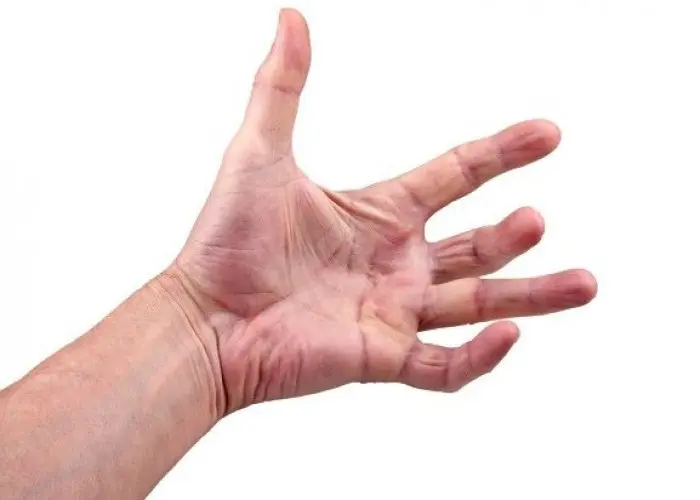
Dupuytren's contracture

REM sleep behavior disorder
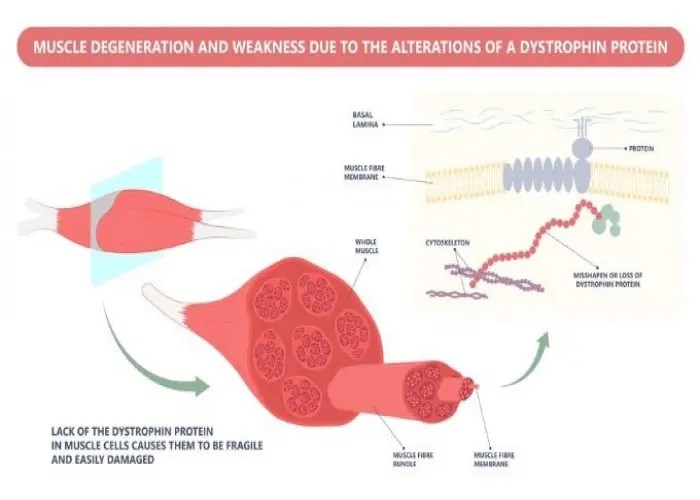
Congenital myopathies
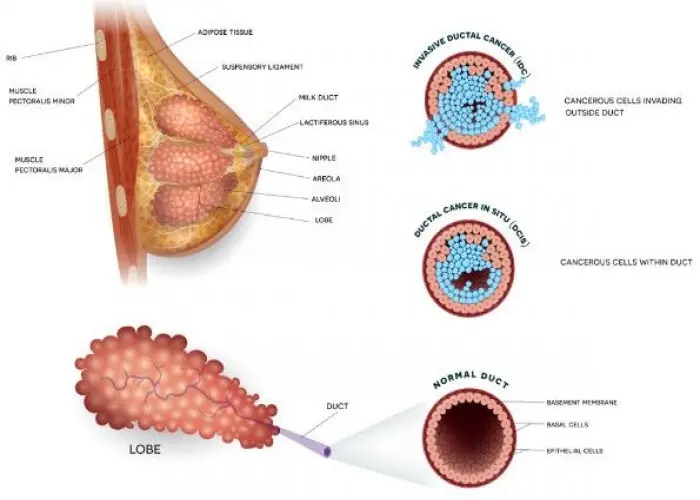
Ductal carcinoma in situ (DCIS)

Bruxism (teeth grinding)

Morning sickness
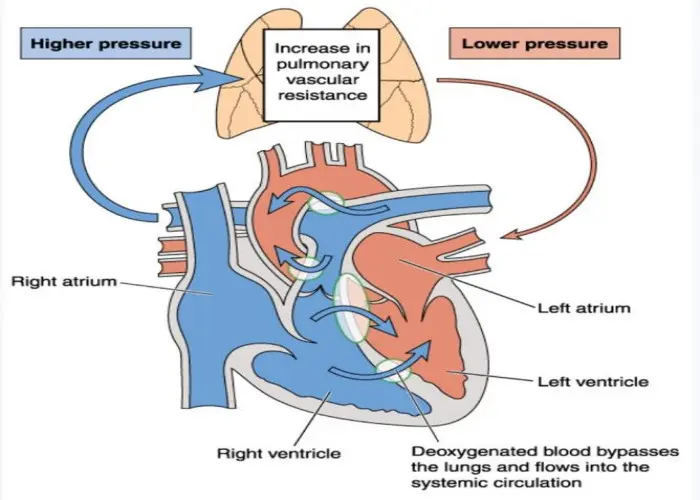
Eisenmenger syndrome
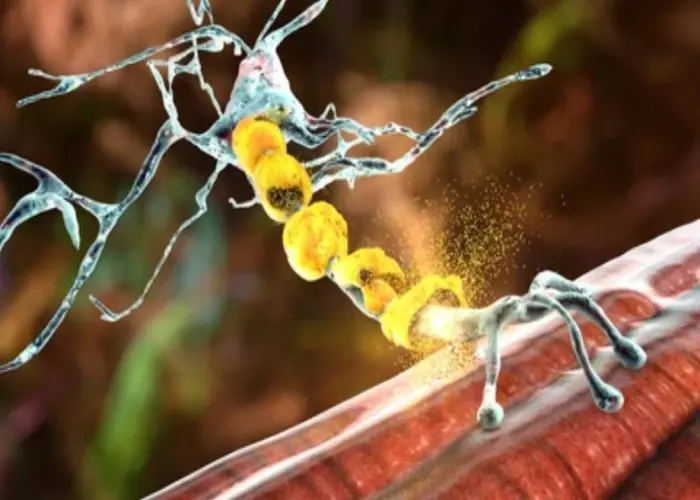
Charcot-Marie-Tooth disease
hidradenitis suppurativa, হাইড্রাডেনাইটিস সাপুটিভা
To be happy, beautiful, healthy, wealthy, hale and long-lived stay with DM3S.
